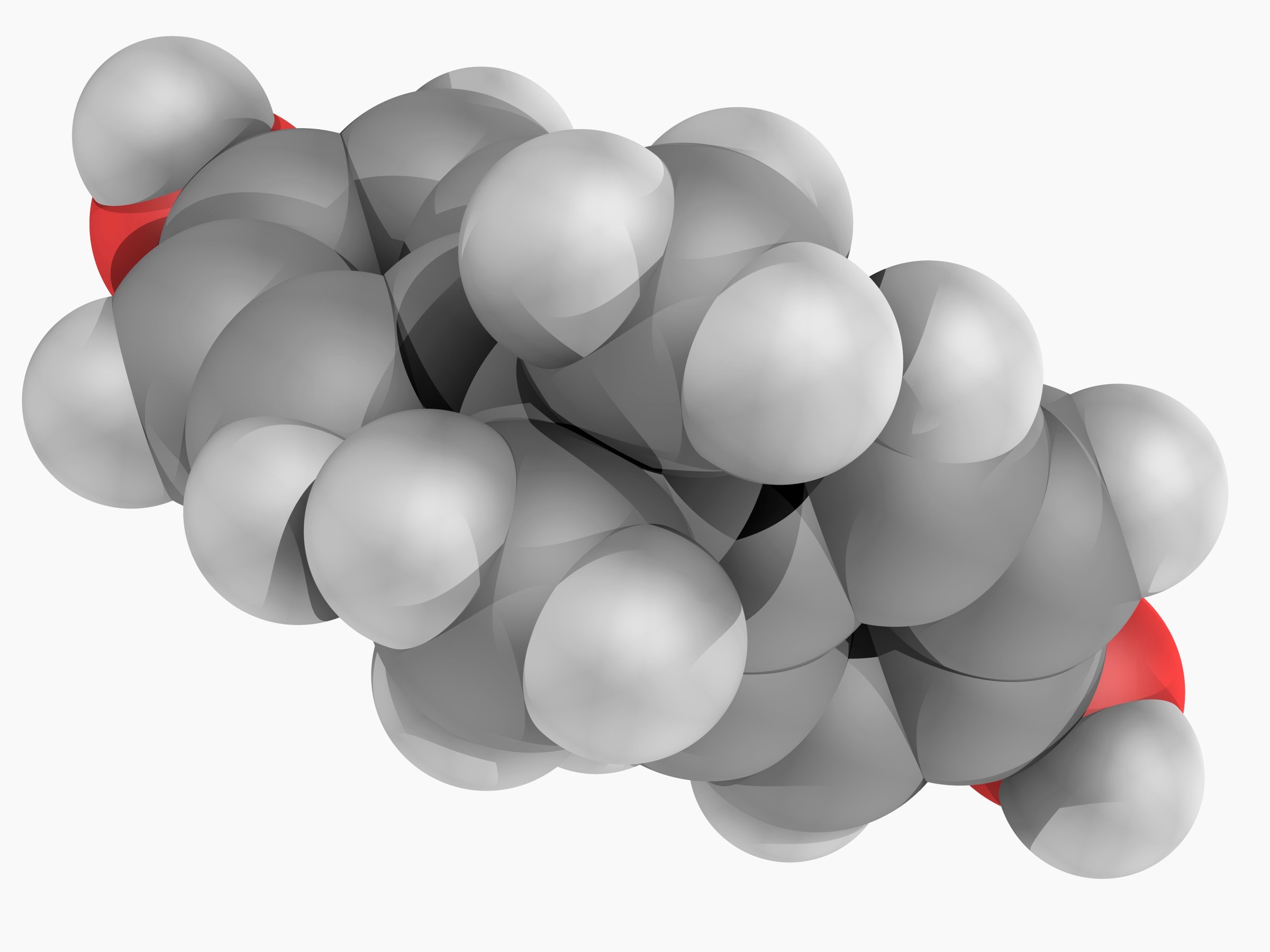
Bisphenol A, or BPA, lurks in the plastics of all kinds of consumer goods, from can linings to plastic bottles—but its influence doesn’t end with the product. BPA is an endocrine disruptor that can leach into food and is linked to all kinds of health problems from aggression to obesity. Now, a new study published in JAMA Pediatrics finds that prenatal exposure to BPA is also linked to lower lung capacity in some young children.
MORE: How BPA May Disrupt Brain Development
The study looked at urine samples of 398 mother-infant pairs, both during and after pregnancy. Every 10-fold increase in the BPA concentration of maternal urine—meaning every time that number went up 10 times—was linked to about a 55% increase in the odds of wheezing. Lung capacity was also affected: Higher BPA concentrations during pregnancy were also linked to decreased lung capacity in four-year-olds, but by age 5, that link disappeared. Once a child was born, the BPA levels in their own urine weren’t associated with wheeze at all.
Exposure during pregnancy, not after, appears to be the critical time for BPA, possibly because it’s affecting important pathways that help the lung develop, says study author Adam Spanier, MD, PhD, associate professor of pediatrics at the University of Maryland School of Medicine.
That link between prenatal BPA exposure and wheeze might be reflective of asthma, Spanier says, which would be consistent with what animal models are finding. “Some animal studies out there suggest that BPA prenatally might affect the development of some of the cells in our airway,” he says. Asthma has been on the rise for the past three decades, and environmental exposures like BPA are thought to be a possible link. A 2013 study also found a link between BPA and asthma, and though the mechanism behind the connection is complex and unclear, Spanier sees a definite association. “If my sister who’s pregnant asked me for advice, I would tell her try to minimize her BPA exposure,” he says. “I wouldn’t say let’s do some more research.”
More Must-Reads from TIME
- How the Economy is Doing in the Swing States
- Democrats Believe This Might Be An Abortion Election
- Our Guide to Voting in the 2024 Election
- Mel Robbins Will Make You Do It
- Why Vinegar Is So Good for You
- You Don’t Have to Dread the End of Daylight Saving
- The 20 Best Halloween TV Episodes of All Time
- Meet TIME's Newest Class of Next Generation Leaders
Write to Mandy Oaklander at mandy.oaklander@time.com